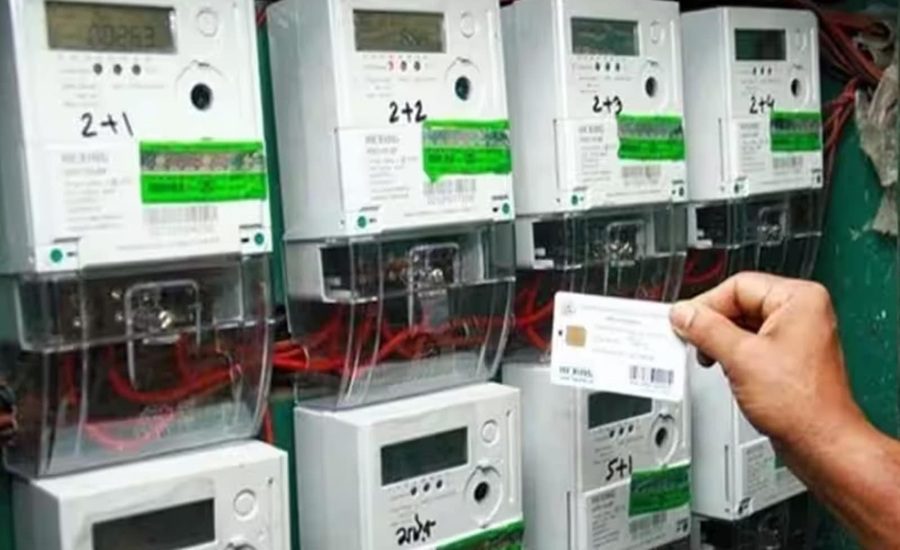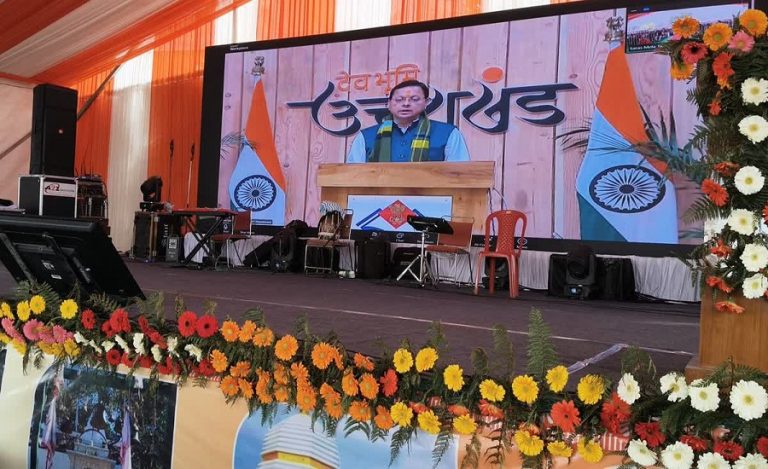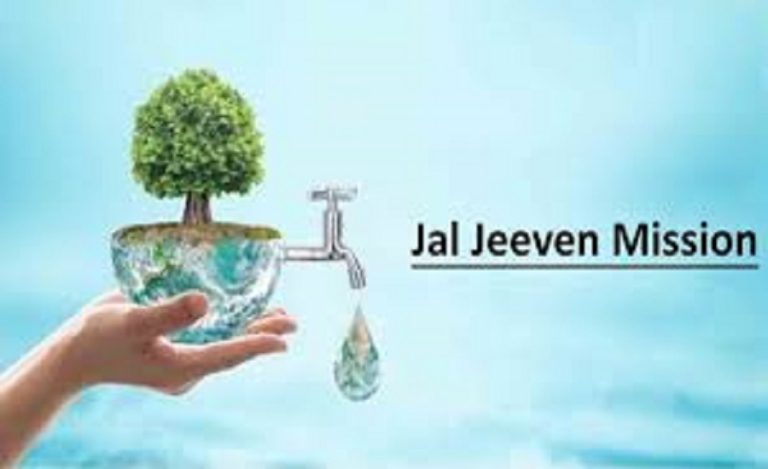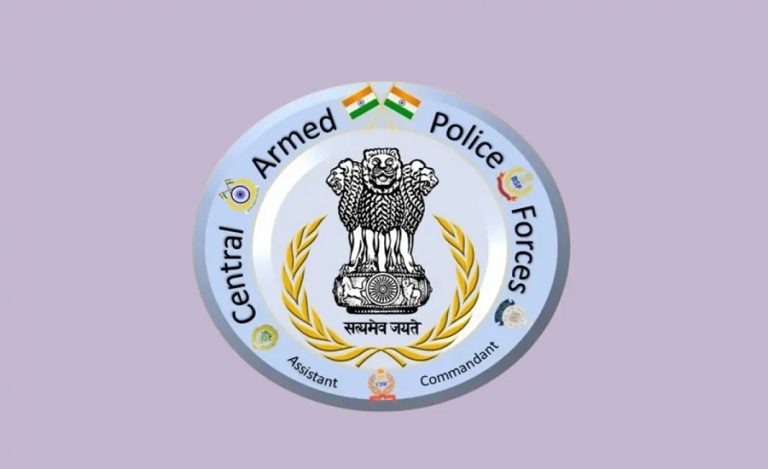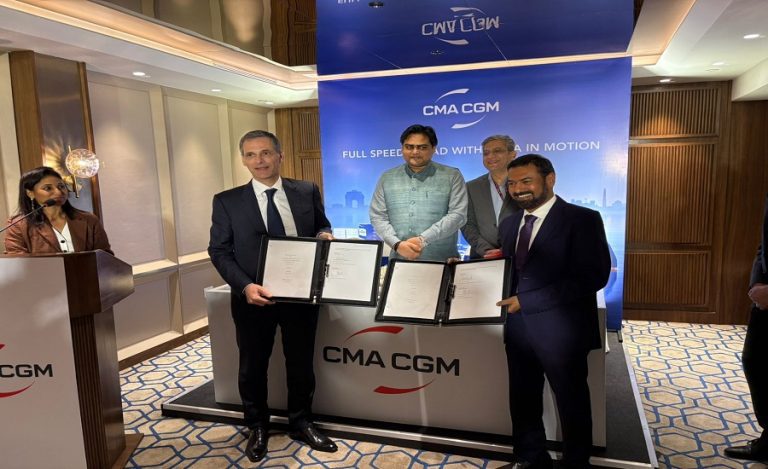New Delhi: A recent survey conducted by the Confederation of Indian Industry (CII) has revealed a growing sense of optimism around the deployment of smart meters in India. However, it also underscores several systemic and operational gaps that must be addressed to unlock the full potential of smart metering.
Based on responses collected over two months from participants of the 3rd CII Smart Meter Conference, the poll suggests that while 41% of respondents view the current state of smart metering infrastructure positively, most still rate the ecosystem’s maturity as average.
Core Challenges: Interoperability, Infrastructure, and Awareness
The poll identifies key barriers impeding faster rollout and acceptance of smart meters, including:
- Outdated utility infrastructure, affecting data interoperability and system integration
- Poor network connectivity in remote regions
- Regulatory ambiguity and procurement inefficiencies
- Low consumer awareness about billing mechanisms and data privacy concerns
Participants stressed the urgency for streamlined regulations, robust digital infrastructure, and consumer education to improve adoption rates and system effectiveness.
Need for Consumer-Centric Experience
Dr. Suket Singhal, Group CEO of Secure Meters and Chair of the CII Taskforce on Smart Metering (2024–25), commented on the findings, emphasizing the critical role of consumer experience.
“The most significant outcome of this poll was the need to improve consumer engagement. By ensuring that the prepayment experience in electricity matches or exceeds mobile telephony or DTH services, the industry can truly deliver on its promise to customers,” said Dr. Singhal.
He further emphasized that trust, flexibility, and convenience are the cornerstones of consumer satisfaction, stating,
“What consumers are asking for is a better experience, which can be provided by ensuring everyone gets to pay what they can, when they can.”
According to Dr. Singhal, building a seamless and intuitive experience will pave the way for wider acceptance of the Revamped Distribution Sector Scheme (RDSS), the government’s flagship initiative aimed at strengthening power distribution reforms.
Cybersecurity and Data Privacy: Urgent Priorities
The poll also revealed cybersecurity and data protection as top concerns among industry stakeholders. With smart meters being digitally connected devices, the need to de-risk them from potential threats is paramount.
Dr. Singhal reiterated the importance of secure architecture: “All systems must be designed with security at their core, supported by robust processes to safeguard data privacy.”
Call to Action for Industry and Policymakers
Lauding the design of the RDSS, Dr. Singhal said it represents one of the world’s best smart metering frameworks. However, he cautioned that industry execution and consumer trust will determine its success.
“RDSS is one of the world’s best smart metering constructs. We, as an industry, need to deliver this to the nation,” he concluded.

